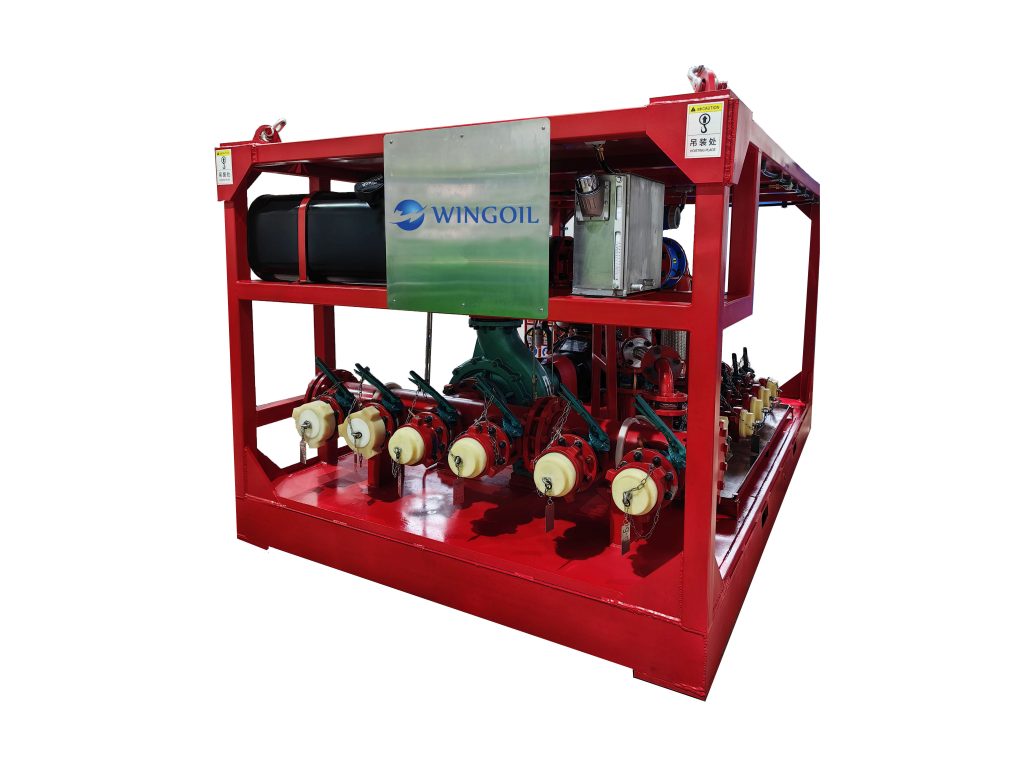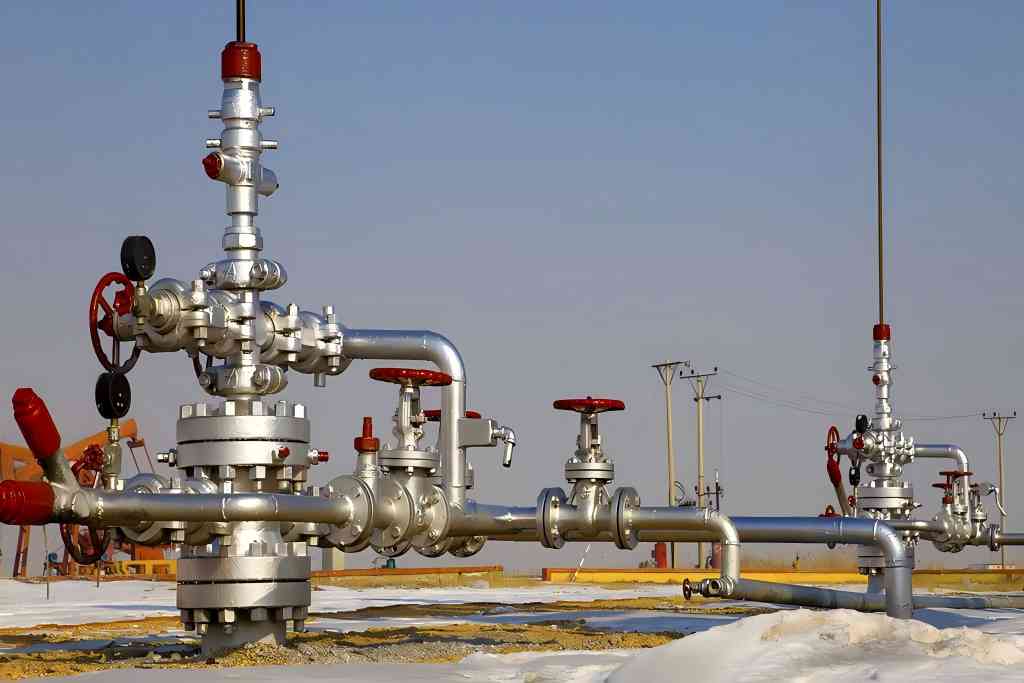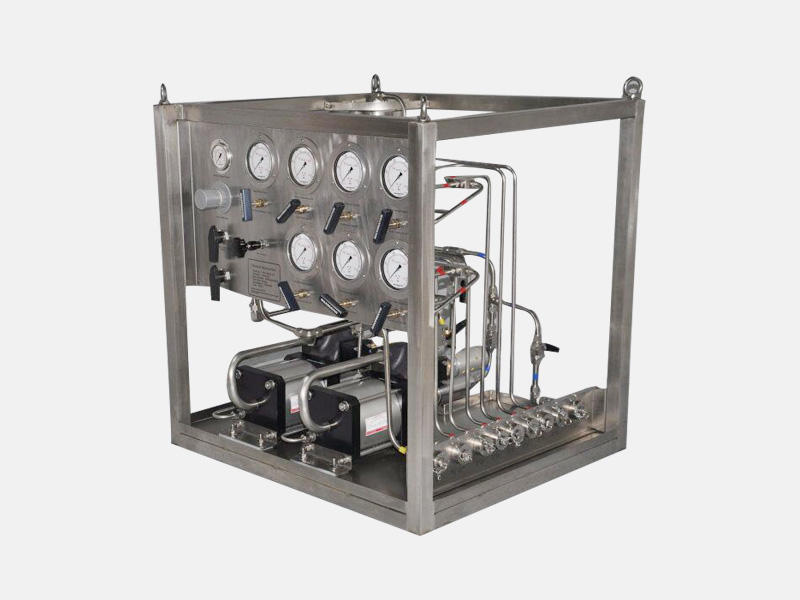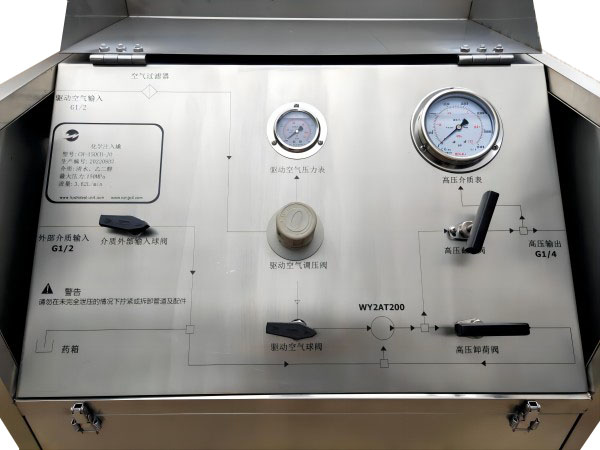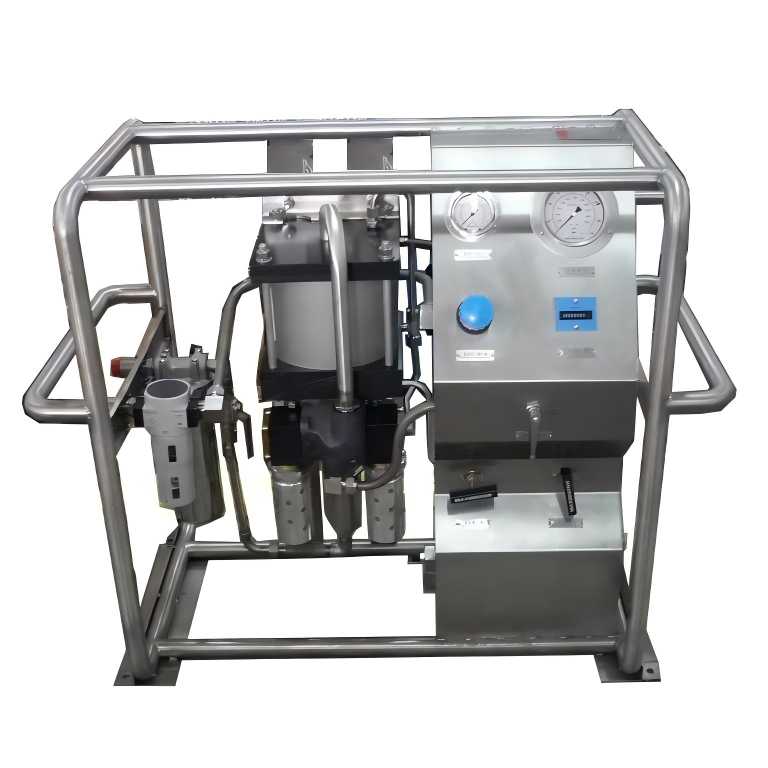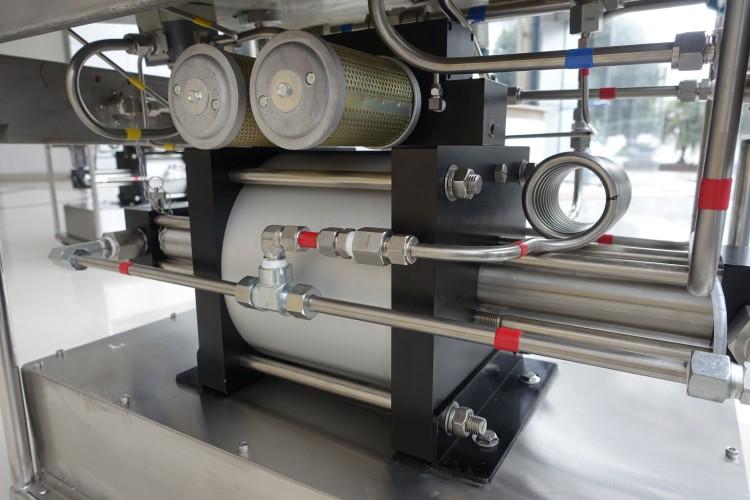What Role Does Chemical Metering System Play in Chemical Feed Pump?
Chemical metering systems play a vital role in chemical feed pumps by ensuring that chemicals are accurately and precisely dosed into the process or treatment system. These systems are used in a variety of industries, including water and wastewater treatment, oil and gas, and food and beverage production, to name a few. In this article, we will explore the importance of chemical metering systems in chemical feed pumps.
Why chemical metering system plays a vital role in chemical feed pumps?
Chemical feed pumps are used to deliver precise amounts of chemicals into a process or treatment system. This could be to neutralize pH levels, disinfect water, or remove contaminants. The accuracy and precision of the chemical dosing are critical to the success of the process or treatment system. Too few chemicals can result in incomplete treatment or ineffective processes, while too many chemicals can be wasteful, costly, and potentially harmful to the environment.
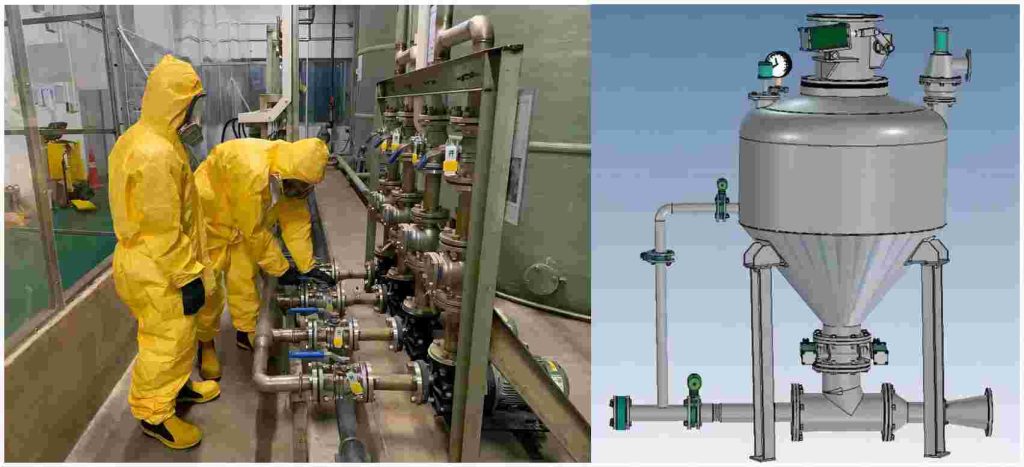
Chemical metering systems are designed to ensure that the correct amount of chemical is delivered at the right time, in the right place, and in the right concentration. These systems work by measuring and controlling the flow rate of the chemical and adjusting it based on the demand of the process or treatment system.
How many primary components does a chemical metering system have, and what role do they play?
There are several components of a chemical metering system that work together to achieve accurate and precise dosing of chemicals. These components include a pump, a flow meter, a controller, and sensors.
The pump is the heart of the chemical metering system. It is responsible for delivering the chemical at the desired flow rate and pressure. There are different types of pumps available for chemical metering systems, including diaphragm pumps, piston pumps, and peristaltic pumps. The type of pump selected will depend on the specific requirements of the process or treatment system.
The flow meter is used to measure the flow rate of the chemical. It provides feedback to the controller, which adjusts the pump speed to ensure that the desired flow rate is maintained. There are different types of flow meters available, including magnetic flow meters, turbine flow meters, and ultrasonic flow meters. The selection of the flow meter will depend on the chemical being dosed and the flow rate required.
The controller is the brain of the chemical metering system. It receives feedback from the flow meter and sensors and adjusts the pump speed accordingly to ensure that the desired flow rate and concentration of the chemical are maintained. The controller can be programmed with different dosing profiles, allowing for different dosing rates at different times of the day or week.
Sensors are used to monitor the process or treatment system and provide feedback to the controller. For example, a pH sensor may be used to monitor the pH levels of water being treated. If the pH levels are too high or too low, the sensor will send a signal to the controller, which will adjust the pump speed to add more or fewer chemicals to the process.
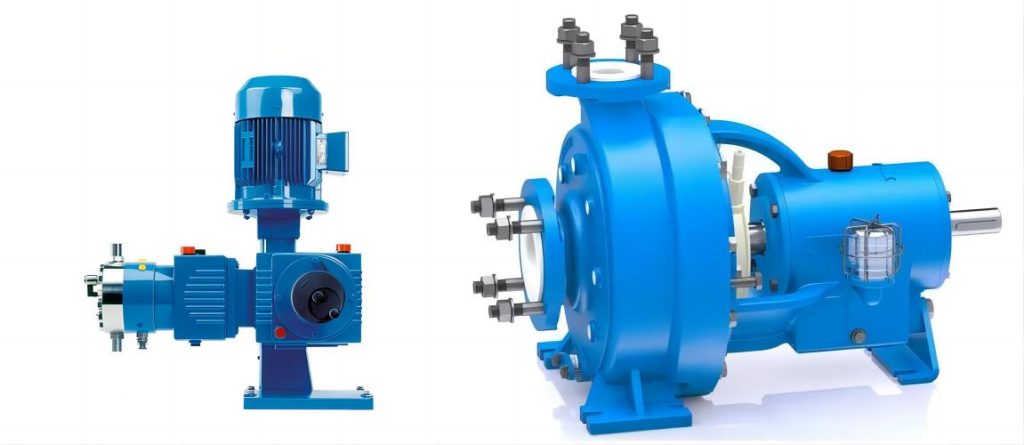
Advantages of the chemical metering system
Chemical metering systems offer several benefits over manual dosing of chemicals. They provide accurate and precise dosing, reducing chemical waste and ensuring that the process or treatment system is operating efficiently. They also offer consistent dosing, reducing the risk of human error and ensuring that the same level of dosing is maintained throughout the day or week.
In addition to these benefits, chemical metering systems can also be automated, reducing the need for manual intervention. This can save time and money for operators, who can focus on other tasks. It also improves safety by reducing the risk of exposure to chemicals.
There are several factors to consider when selecting a chemical metering system for a specific application. These include the type of chemical being dosed, the flow rate required, the pressure required, and the level of automation required. It is important to work with a supplier who can provide expert advice and guidance on the selection and installation of a chemical metering system.
In conclusion, chemical metering systems play a critical role in chemical feed pumps. If you want to know more about chemical feed pump systems, WINGOIL will provide you with professional answers and services.

